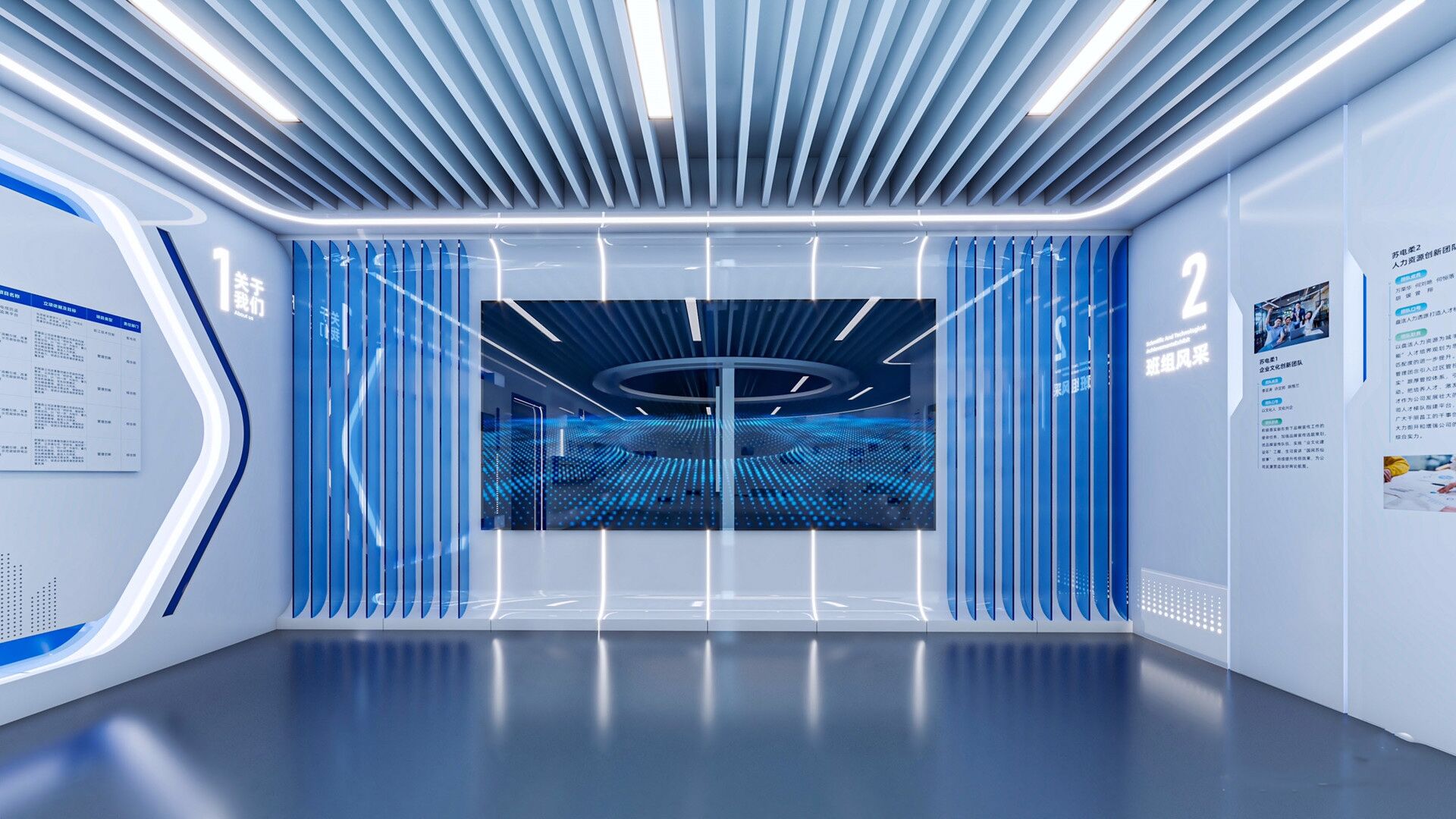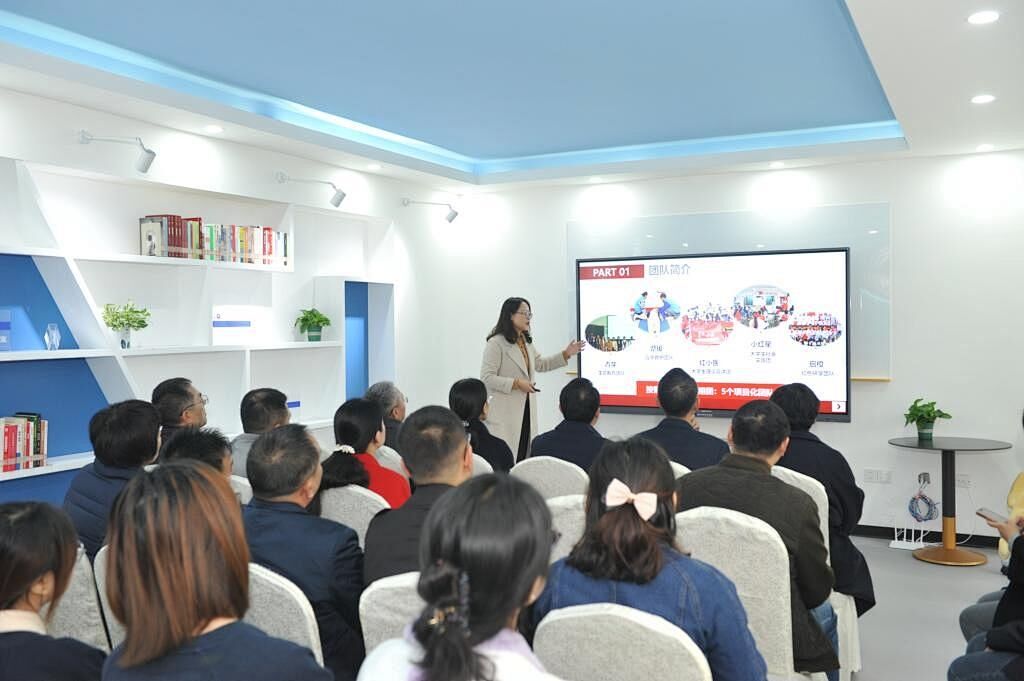The Growing Importance of Senior Mobility Solutions
Why Mobility Matters for Aging Populations
Mobility is a cornerstone of independent living for seniors, allowing them to engage fully in social, physical, and health-related endeavors. According to a study in The Gerontologist, maintaining mobility helps preserve both physical and psychological health in older adults. This includes enabling participation in community activities which are crucial for social interaction and mental wellness. Research has shown that mobility can significantly decrease health complications, thus enhancing the quality of life. With an increasing global elderly population, there's a compelling need to develop mobility solutions tailored to individual needs. This focus not only addresses the challenges posed by aging but also empowers seniors to lead fulfilling lives independently.
Challenges Faced by Seniors with Limited Mobility
Seniors often encounter numerous obstacles that limit their mobility, including inaccessible infrastructure and a lack of supportive technology. These physical barriers can exacerbate feelings of isolation and lead to mental health issues, significantly affecting overall well-being. Statistics reveal that over 25% of seniors experience some form of mobility limitation, underscoring the urgent need for effective mobility solutions. Addressing these challenges is critical to improving the quality of life and fostering independence for the aging population.
Innovative Elderly Cart Designs Enhancing Safety and Comfort
Ergonomic Seating for Long-Term Use
Integrating ergonomic designs into elderly carts is essential to ensure that seniors experience maximum comfort during prolonged usage. Ergonomically designed seats cater to the unique body shapes and needs of older adults. Research has shown that such seating significantly reduces discomfort and helps prevent postural issues, thereby maintaining physical health. Manufacturers are increasingly focusing on ergonomic designs to boost the adoption rates of these mobility devices among seniors by making them more appealing and user-friendly.
Advanced Safety Features: Brakes and Stability
Equipping elderly carts with advanced safety features, such as responsive brakes and robust stability mechanisms, is vital in preventing accidents and ensuring user safety. Statistics highlight that falls are one of the leading causes of injury among seniors, underscoring the importance of prioritizing safety in design. Innovative features, like automatic braking systems, not only enhance safety but also encourage more seniors to adopt these mobility aids. These safety advancements empower seniors to move independently with confidence, reducing the risk of accidents.
Lightweight Frames for Effortless Maneuverability
The use of lightweight materials in the construction of elderly carts plays a crucial role in enhancing maneuverability, making them easier for seniors to handle. Materials like high-strength aluminum offer durability without adding unnecessary weight, facilitating effortless navigation. User feedback consistently shows that a lighter cart frame significantly decreases the physical exertion required, making mobility aids more accessible and improving retention of mobility among elderly users. Lightweight designs are proving to be a game-changer for those seeking ease in their daily movements.
By focusing on ergonomic seating, advanced safety features, and lightweight frames, manufacturers can create mobility solutions that significantly improve the lives of seniors, offering them comfort, safety, and independence.
Customization Options for Personalized Senior Mobility
Adjustable Components for Individual Needs
Customization in elderly carts through adjustable components significantly enhances comfort and usability by tailoring the fit to individual body types. Adjustable elements such as seat height, armrest position, and handle adjustments play a crucial role in the daily use of mobility aids, ensuring alignment with the unique preferences and ergonomic needs of users. Data shows that personalized adjustments lead to higher satisfaction rates among elderly cart users, as noted in studies surrounding mobility aid optimization. Integrating adjustable components not only improves comfort but also fosters independence and promotes longer usage periods among seniors, enhancing their overall mobility experience.
Personalized Aesthetics and Branding Choices
The aesthetic appeal and personalized branding of mobility aids have a substantial impact on user confidence and satisfaction. By allowing seniors and their families to choose designs and colors, the carts can be custom-made to reflect individual tastes, thereby encouraging daily use. Personal branding options facilitate a sense of ownership, encouraging seniors to engage more with their carts. Studies emphasize the psychological benefits of personalized mobility solutions, affirming that such tailored options enhance overall acceptance and encourage frequent usage. This focus on aesthetics and personal branding not only amplifies the user's connection to their aid but promotes a positive outlook towards their mobility and well-being.
Adaptive Accessories for Specific Disabilities
Adaptive accessories crafted for specific disabilities enhance the functionality of elderly carts and cater to distinct user needs, promoting inclusivity within mobility solutions. These accessories can include special grips, cane holders, or compartments for medication, which address direct user needs. Research confirms that customized tools significantly improve usability and user satisfaction, thereby fostering inclusivity. By integrating adaptive accessories, manufacturers ensure that mobility devices cater to a diverse range of conditions, enabling seniors with various disabilities to navigate their environments with greater ease and confidence. These enhancements underline the importance of personalizing mobility aids to reflect health requirements, thus optimizing the user's independence and daily functionality.
Material Choices and Durability in Elderly Cart Production
High-Strength Aluminum Alloys
Using high-strength aluminum alloys in the production of elderly carts provides a blend of durability and manageability. These alloys are crucial because they ensure the cart remains lightweight, making it easier to handle for both the elderly and caregivers. Furthermore, the use of advanced materials significantly extends the product's lifespan, making it a cost-effective investment for long-term use. Industry standards often recommend aluminum because of its rust resistance and structural integrity, especially under variable weather conditions. This choice of material aligns well with the need to keep mobility aids both hard-wearing and practical.
Weather-Resistant Construction for Outdoor Use
For seniors who lead active lifestyles, weather-resistant construction in elderly carts is essential. This feature helps withstand environmental stressors like rain, UV rays, and temperature fluctuations, ensuring continued performance and safety. Seniors who are active outdoors require mobility aids that are both reliable and durable. Reports highlight that a substantial number of mobility devices fail due to harsh weather exposure, underscoring the importance of weather-resistant materials. Ensuring the cart can handle outdoor adventures without compromising durability is key to maintaining the user's confidence and independence.
Testing Protocols for Long-Term Reliability
To ensure the safety and performance of elderly carts, manufacturers must implement rigorous testing protocols. These procedures are designed to mimic everyday use scenarios, ensuring that the cart can withstand regular wear and tear. Such comprehensive testing is vital to guarantee that the carts maintain their integrity over long-term use. Proven testing methods highlight the reliability of specific brands, fostering consumer trust in their efficacy. By investing in robust testing protocols, manufacturers can reinforce the product's safety credentials, providing peace of mind for both seniors and their families.
Health Benefits of Modern Senior Mobility Carts
Promoting Physical Activity Through Accessible Design
Modern senior mobility carts are designed to promote physical activity by providing accessibility that encourages seniors to move more freely. Accessible design enables seniors to interact more actively with their environment, which can lead to improved physical health outcomes. Regular physical activity has been shown to reduce the risk of chronic diseases such as heart disease and diabetes in older adults, making these designs crucial for long-term well-being. By prioritizing accessibility, mobility carts empower a more active lifestyle, fostering independence and enhanced health for seniors.
Reducing Fall Risks and Associated Injuries
Elderly carts equipped with safety features effectively minimize the risks of falls and related injuries. Falls represent a significant concern for seniors, with data indicating that over 30% of older adults experience at least one fall per year. Mobility aids such as these carts offer essential support, bolstering stability as seniors navigate their surroundings. Through strategic design, these carts can help ensure seniors have the necessary balance and security, reducing fall incidents and promoting a safer everyday experience.
Mental Health Improvements via Social Engagement
Mobility aids play an important role in enhancing mental health by facilitating social interactions and reducing feelings of isolation. Seniors using these devices report higher levels of social engagement and fewer instances of depression. It is crucial for seniors to have access to community events and recreational activities, which mobility aids help make possible. By promoting better accessibility, these carts serve as an avenue for seniors to connect with peers, thus supporting their mental health and overall well-being.
FAQ
What are some common challenges seniors face with limited mobility?
Seniors often encounter inaccessible infrastructure and a lack of supportive technology, which can lead to feelings of isolation and mental health issues.
How do elderly carts enhance daily independence for seniors?
Elderly carts empower seniors by enabling them to perform daily tasks and move around freely, enhancing their autonomy and participation in social events.
What are some key features of innovative elderly cart designs?
Key features include ergonomic seating, advanced safety mechanisms like responsive brakes, and lightweight frames for improved maneuverability.
How does customization benefit users of elderly carts?
Customization through adjustable components and personalized aesthetics caters to individual needs and preferences, improving user satisfaction and promoting independence.
What role do mobility aids play in mental health for seniors?
Mobility aids facilitate social interactions and reduce isolation, leading to improved social engagement and mental health among seniors.

 EN
EN









































